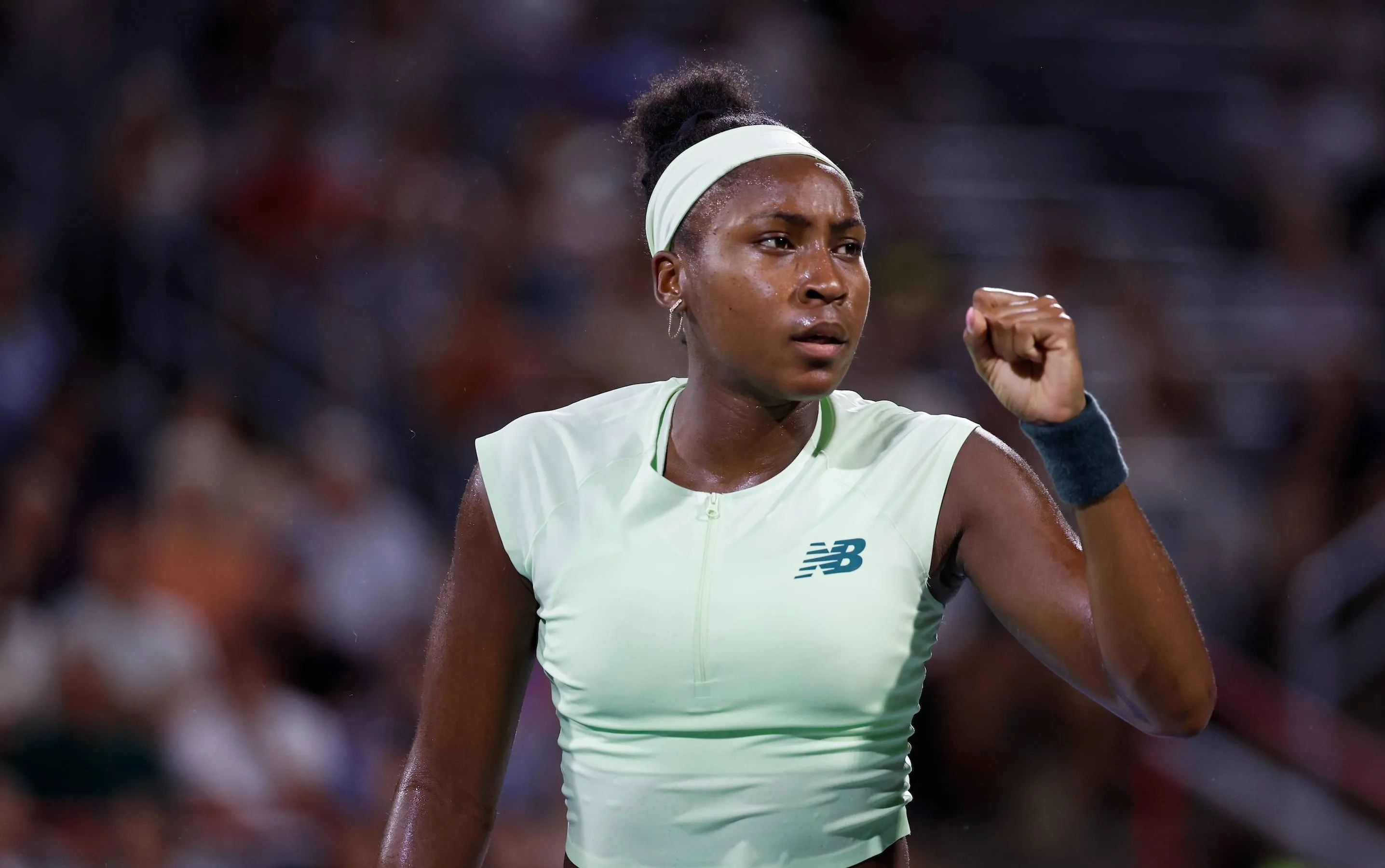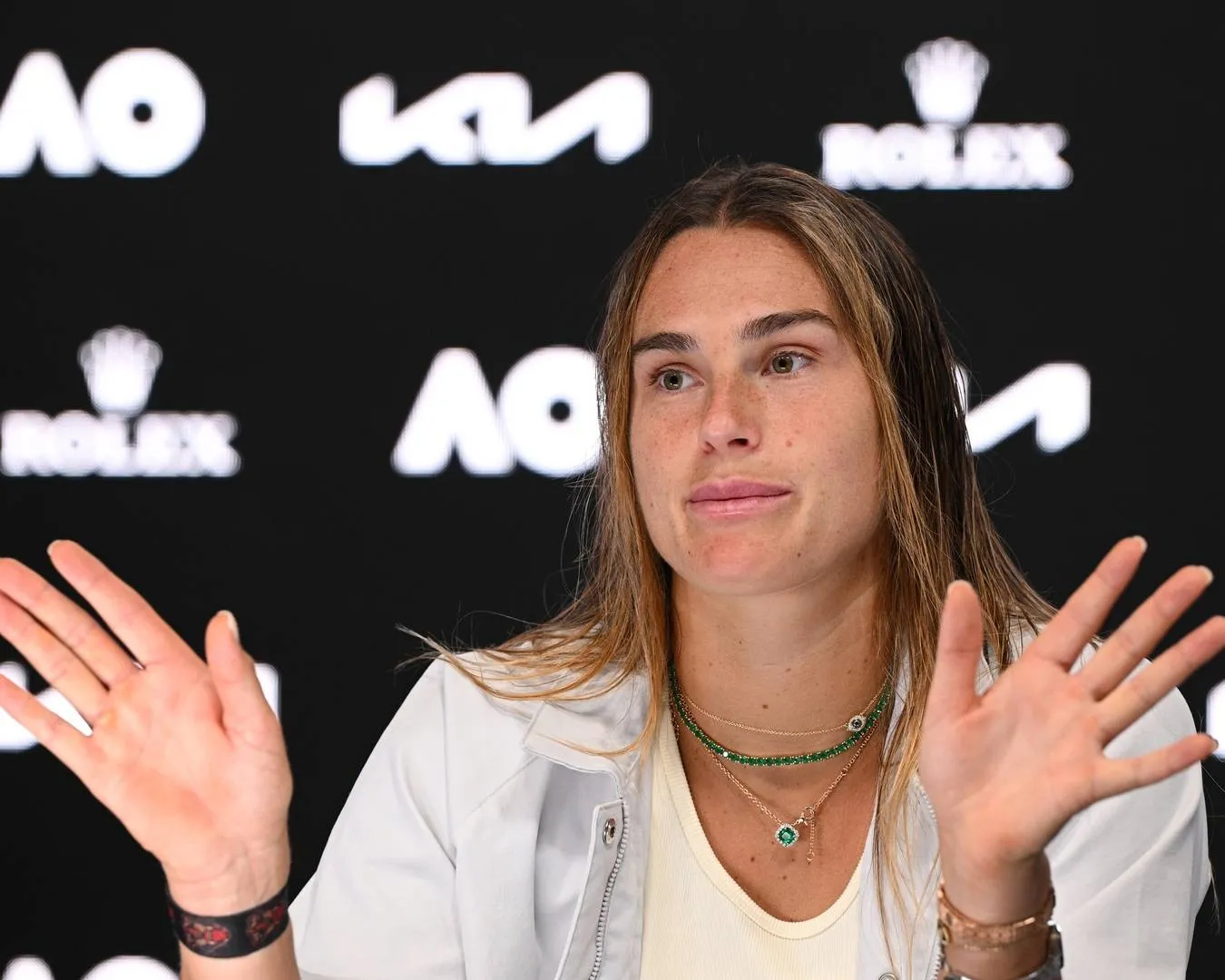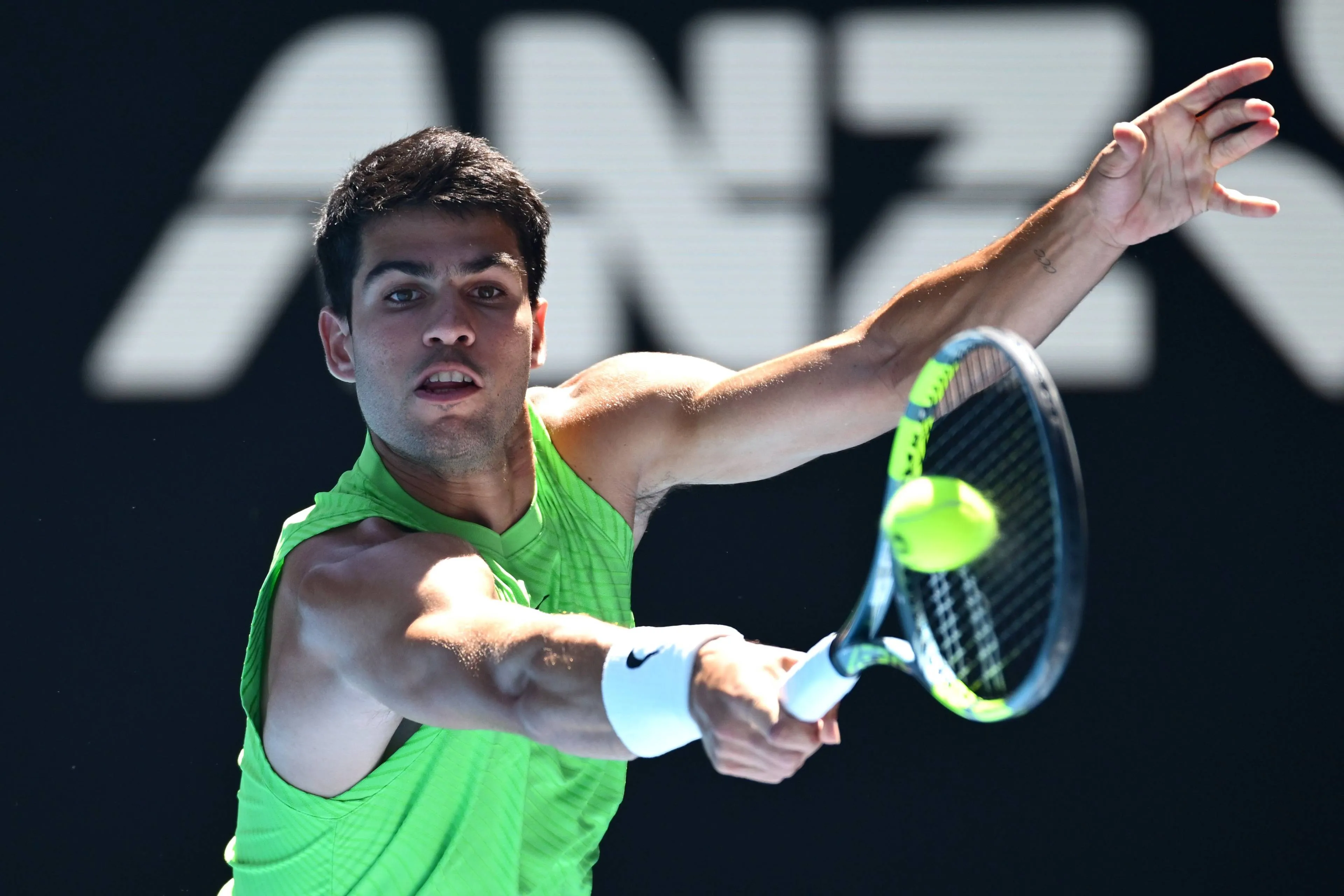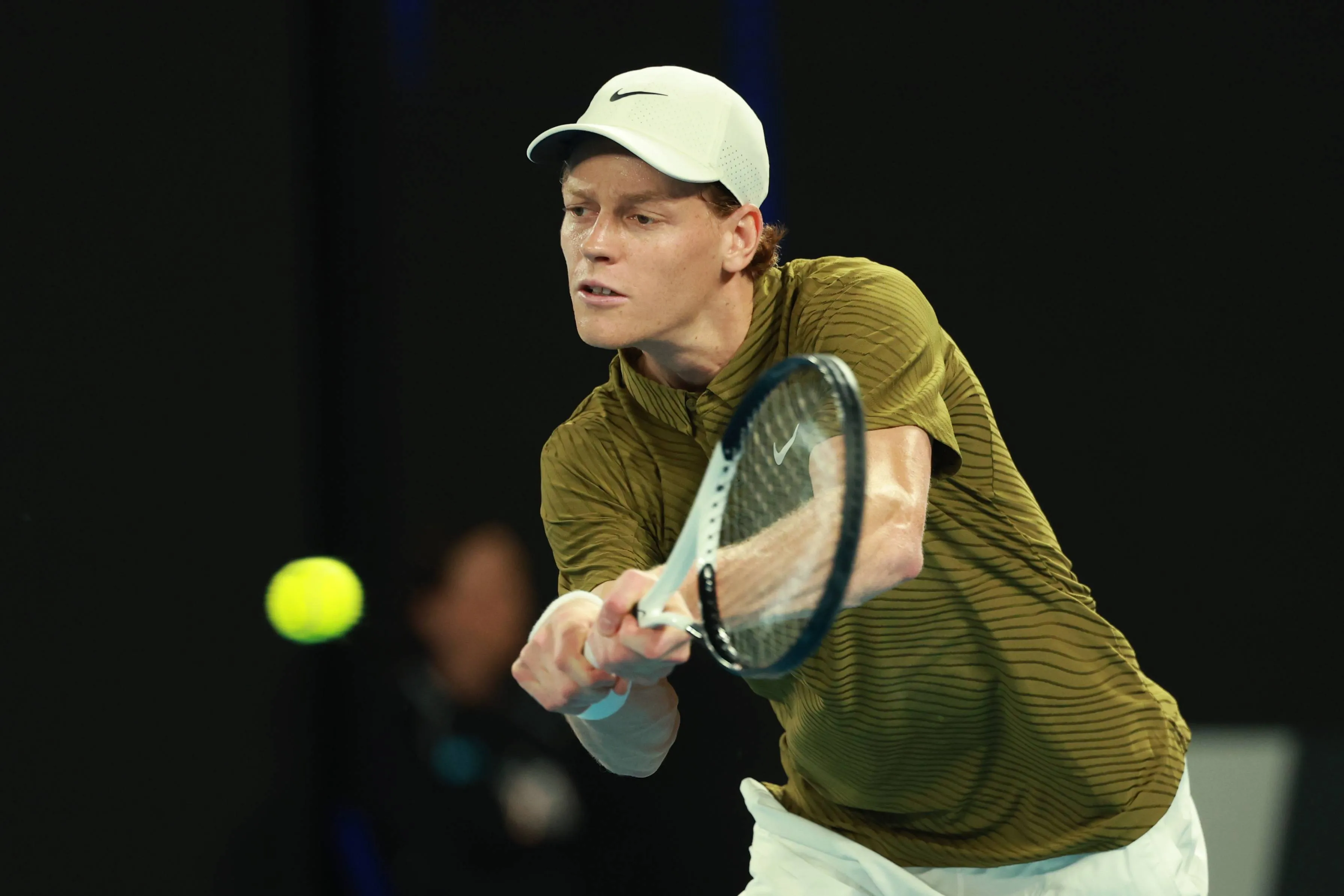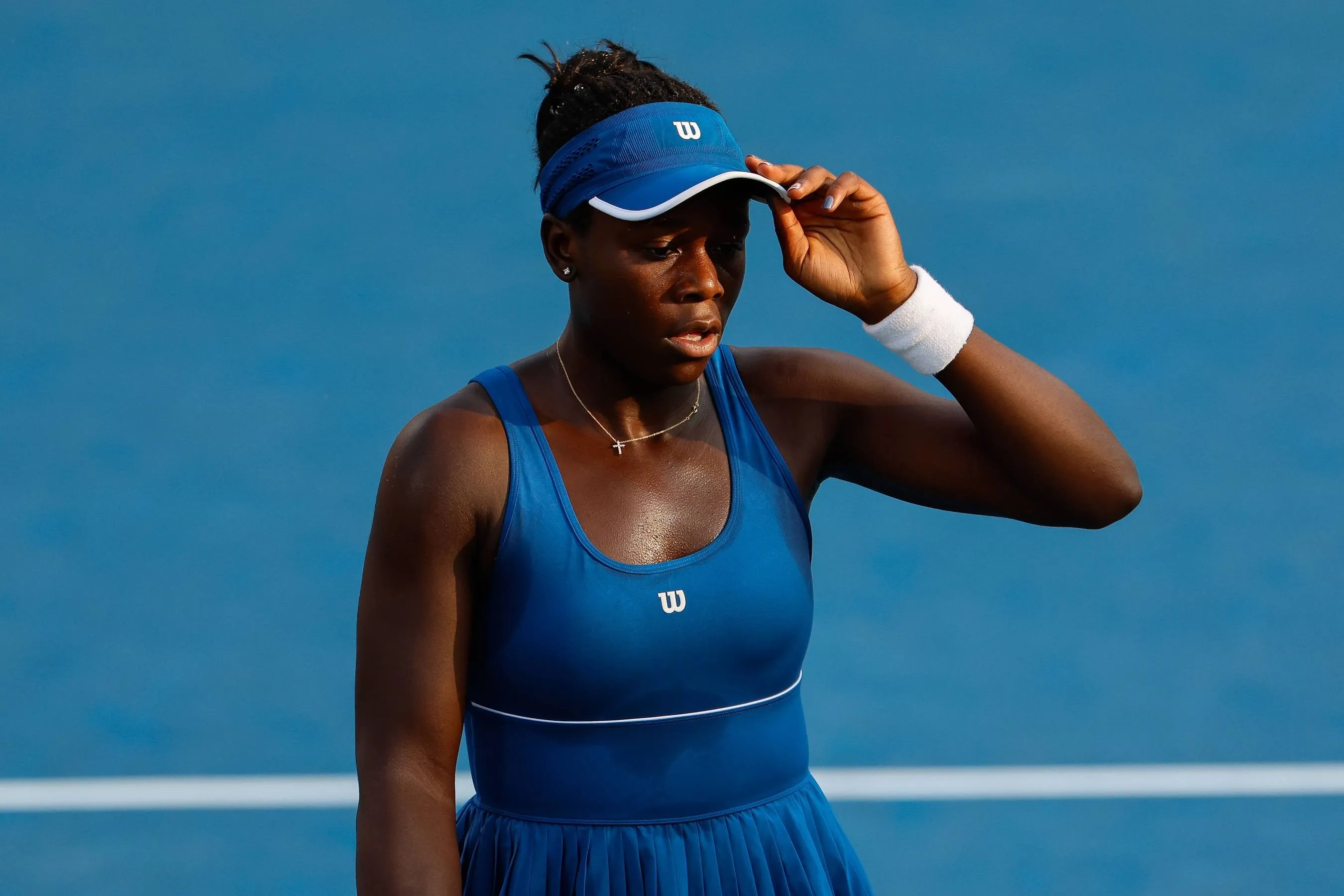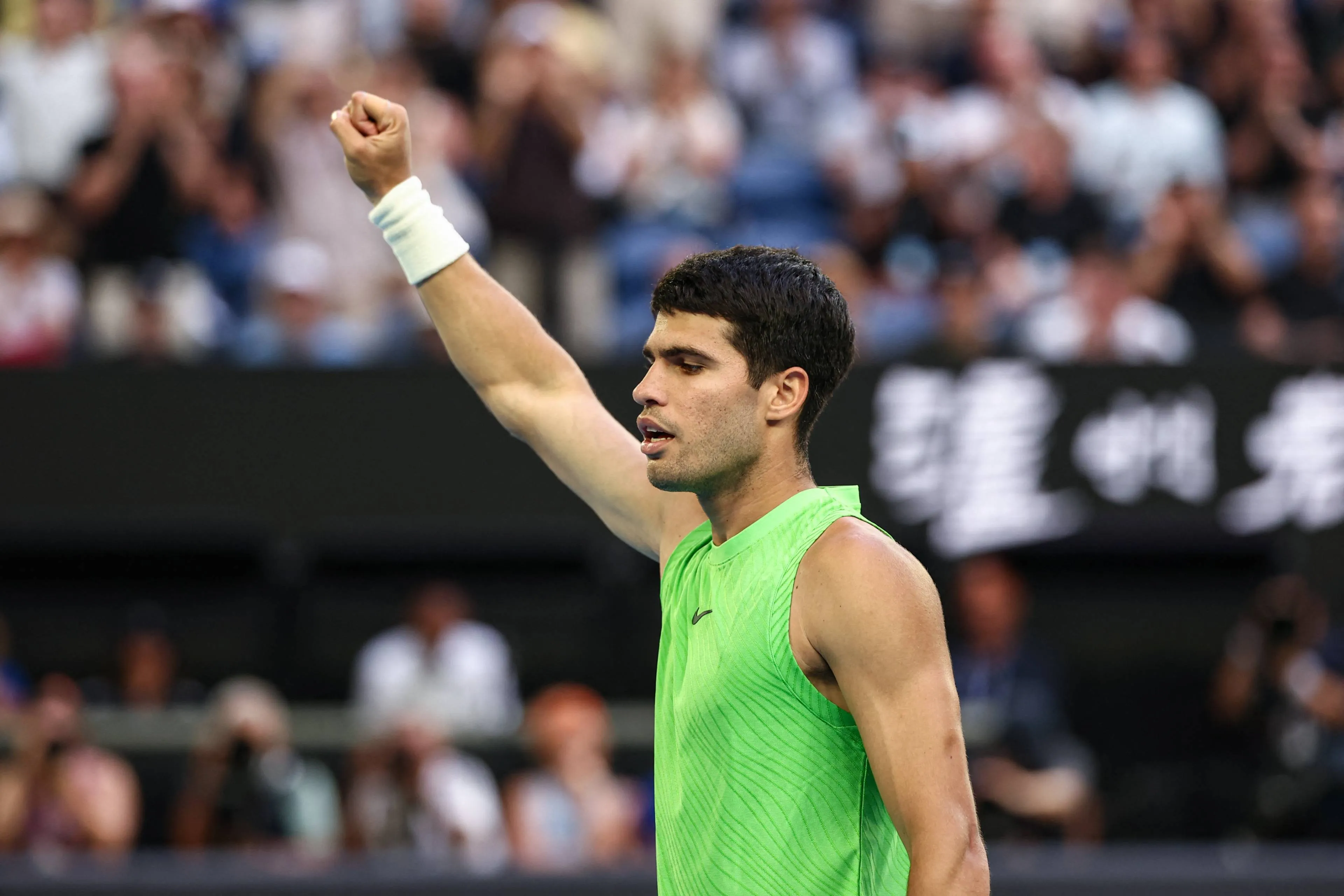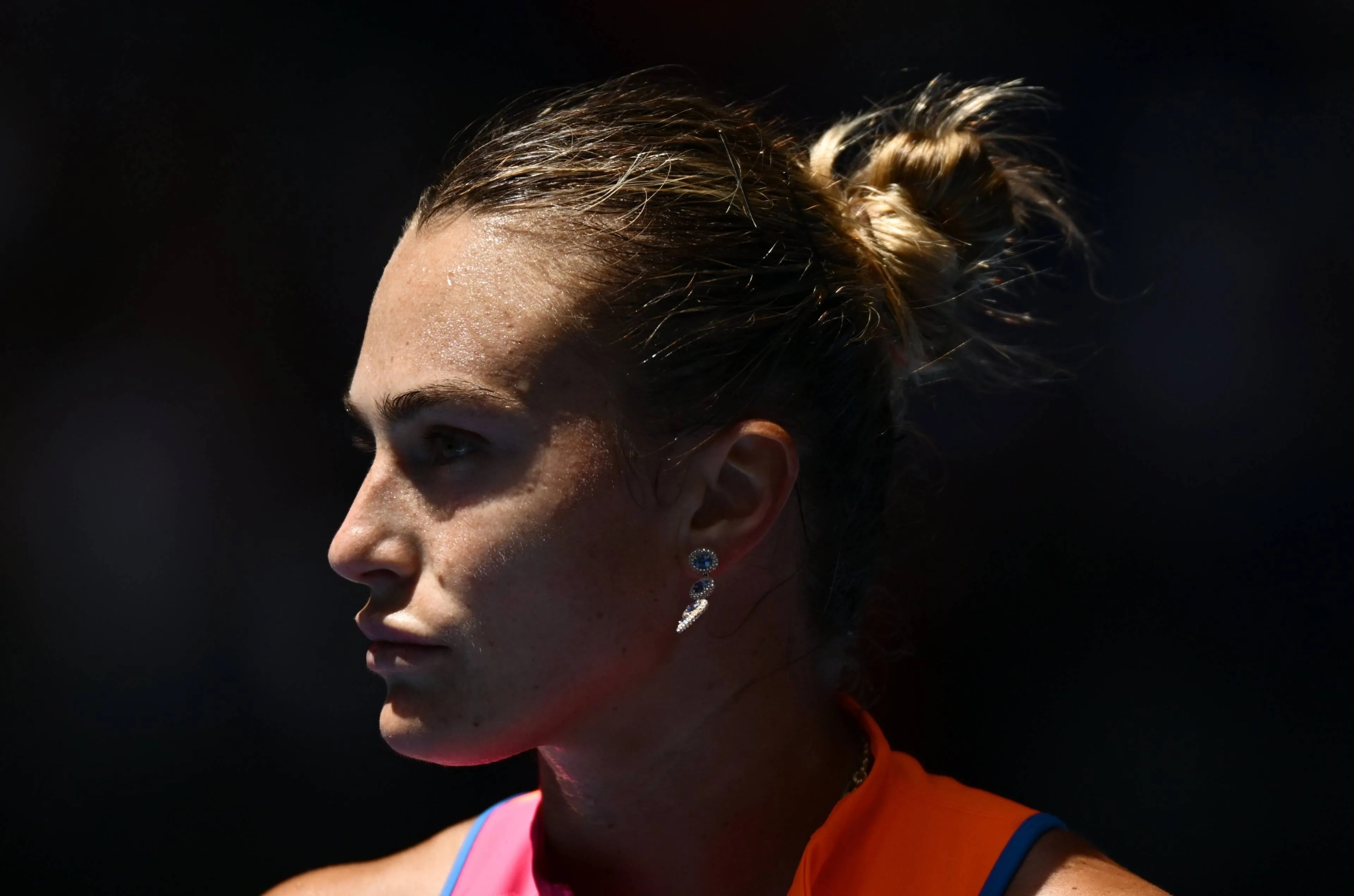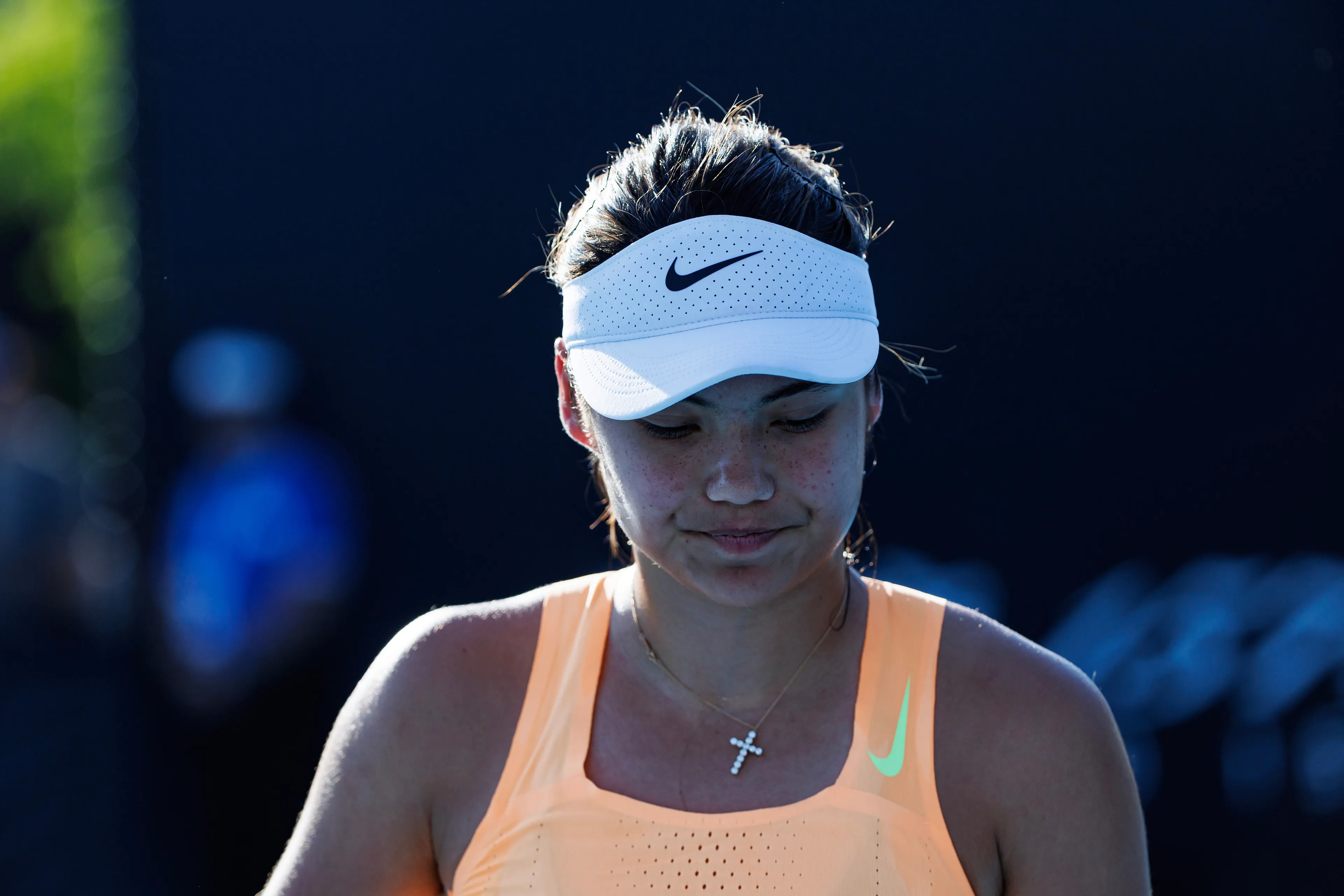The one crucial thing Iga Swiatek does worse than her biggest rivals
OpinionFriday, 07 November 2025 at 20:35
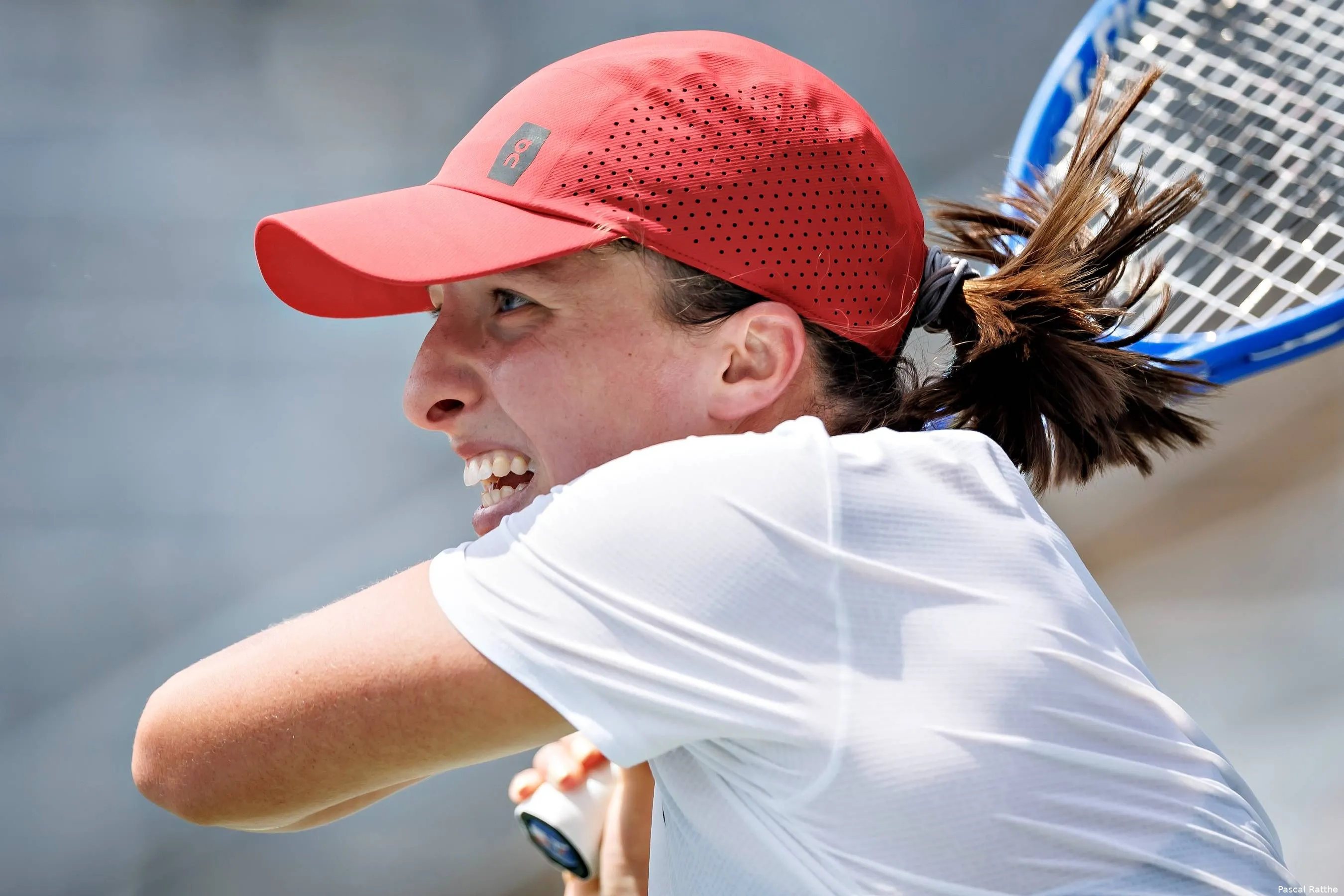
Iga Swiatek's quest to regain the WTA No. 1 ranking could be decided by her improving one thing that Aryna Sabalenka and Coco Gauff are much better at.
Swiatek's season ended after her exit from the 2025 WTA Finals. She looked on course for the semifinals after a comfortable victory against Madison Keys before losses against Elena Rybakina and Amanda Anisimova.
They were Swiatek's first back-to-back losses since the 2021 WTA Finals, ending one of the most incredible streaks in tennis. Those defeats also showed where the Pole is weaker compared to some of her rivals.
Swiatek struggles when the momentum of a match changes
The six-time Grand Slam champion's incredible career so far speaks for itself, and further success is inevitable. However, how much she wins in the coming years could depend on her reacting better to adversity in matches.
That issue is a recurring one for the Pole, but it has become particularly prevalent at her last few tournaments. Emma Navarro defeated Swiatek 0-6 in the deciding set in Beijing before Jasmine Paolini thrashed her 6-1, 6-2 at the 2025 Wuhan Open.
Swiatek only took one final game against Rybakina in the final two sets of their WTA Finals meeting. While the 7-6, 4-6, 2-6 score against Anisimova was less dramatically one-sided, the American dominated the final set after her illustrious opponent's level dropped.
It would be entirely unfair to accuse Swiatek of not trying in those matches. However, a strange recurrence when she struggles is that she suddenly stops moving toward balls that look within reach, as if her body is tightening up.
That combines with the world No. 2 usually hitting the ball harder and fighting fire with fire during those challenging moments. She often racks up unforced errors when a more patient approach or a different strategy would be better.
Although Swiatek has won more Grand Slams than Sabalenka and Gauff, showing she is better than them in other areas, the 2025 Wimbledon winner can look to them as examples of handling momentum swings better and avoiding one-sided defeats.
Gauff and Sabalenka are more adept at making matches a scrap
At her best, Gauff possesses one of the best games to watch, but the American often endures struggles, especially on second serve. She hit more than 400 double faults in 2025, as she did in 2024. Her forehand is also an issue.
However, Gauff's fighting qualities are among the most impressive in tennis history. There is probably no other player on the WTA Tour who would have achieved as much and won as many tight matches with a troublesome second serve and forehand as the 21-year-old.
Examples include Gauff digging in to beat Sabalenka after losing the first set in their 2023 US Open and 2025 French Open finals, and also recovering from dropping the opening set to secure the 2024 WTA Finals title against Qinwen Zheng in a deciding set tiebreak.
There are multiple other examples in earlier rounds. Gauff cannot always overcome those technical issues, and improving her second and forehand is important, but she does not panic like Swiatek often does.
Despite losing those Grand Slam finals to Gauff, Sabalenka's ability to keep fighting well no matter what is also a strength. Incredibly, the Belarusian has not lost a Grand Slam match in straight sets since the 2020 US Open.
That demonstrates beyond any doubt that Sabalenka has a unique capacity to make matches competitive even if she is below her best. That asset will make it easier to stay near the top.
Swiatek's ruthlessness when playing well contrasts with her weakness
When Swiatek finds a good rhythm, she has been the most unstoppable WTA player. In 2022, 2023, and 2024, the four-time French Open champion comfortably led the field in sets won, 6-0.
The Pole is the most intense and routine-oriented of the top players. That can help her deliver more one-sided defeats when everything feels natural, but also leads to more problems when something feels off.
Swiatek is better at delivering dominant victories than her rivals, especially Gauff. This year's French Open winner does not consistently breeze through matches because of often needing to dig through technical challenges.
Although it has happened less frequently than Swiatek in recent years, Sabalenka often wins matches comfortably. Being slightly better in deciding sets, which prevented a good 2025 from being one of the best seasons ever, is more important for her.
A notable exception to her losing tight three-set matches on significant stages occurred at the 2025 WTA Finals. Sabalenka beat Amanda Anisimova, who had won her previous 12 contests that went to a deciding set, 6-3, 3-6, 6-3.
Read also
Read also
Loading

